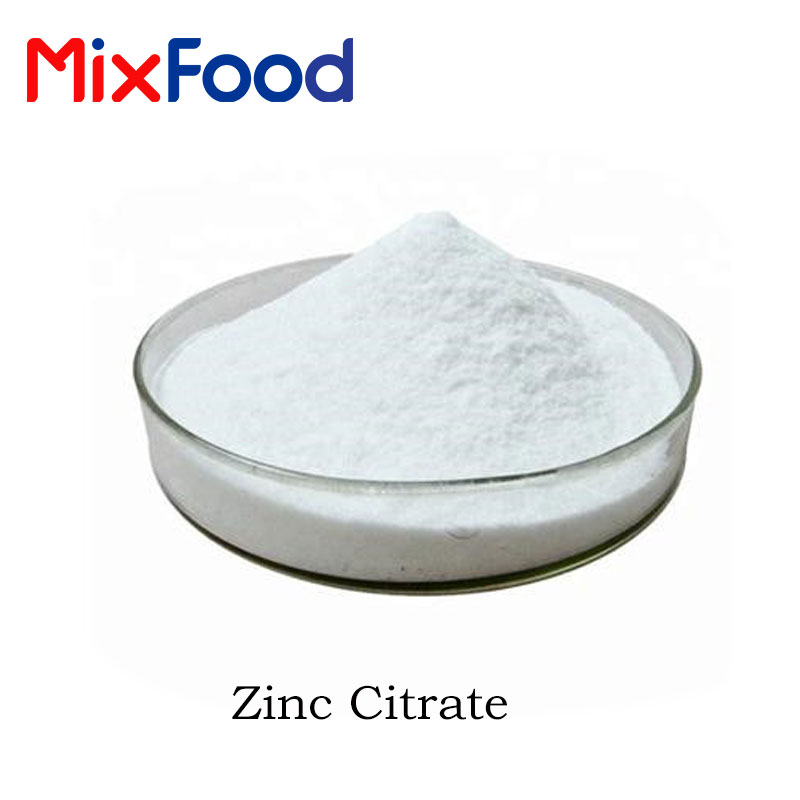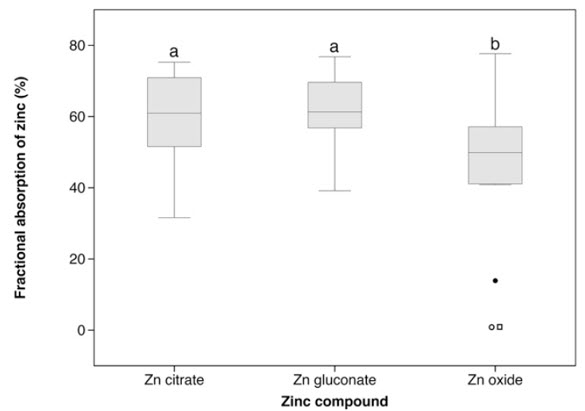Zinc Citrate: Zinc Supplements Best Choice

When choosing zinc supplements, you will notice that there are a few forms of zinc compounds. Zinc citrate is one of the best commercially available zinc sources you can find on the market.
Why we choose Zinc Citrate?
 1. Zinc Citrate – Tastes Good
1. Zinc Citrate – Tastes Good
One of the most commonly reported adverse effects of zinc supplementation is bad taste. Zinc sulphate, zinc gluconate, and zinc acetate are highly soluble salts with a strong, unpleasant, bitter and metallic flavour. These off-tastes can be noticeable even at low dosage levels of zinc salts in foods. However, zinc citrate is a high-zinc alternative that is somewhat water-soluble and has improved sensory qualities. It tastes less sour, more pleasant and results in minor stomach irritation than zinc sulphate. Zinc citrate is especially suitable for chewable gummies/crushable tablets because of its better taste.
2. Zinc Citrate – Good Absorption
Studies show a significantly higher zinc absorption from zinc citrate and indicate that zinc citrate could be a valuable compound for zinc supplementation. Zinc citrate is suitable for zinc-fortified meals and supplements because of its high bioavailability.
One randomized, double-masked clinical study investigated the absorption of zinc from 3 distinct sources. 15 healthy individuals were recruited. Isotope-labeled zinc supplements were given without food. Zinc from zinc citrate demonstrated a relatively high absorption level (see figure below, the left box). In comparison, zinc from zinc gluconate is absorbed at a similar level, but this compound is significantly more expensive due to its low zinc content.

In contrast, zinc oxide is insoluble, and studies show that it has the lowest bioavailability of all zinc compounds (see above figure, the right box). 3 (out of 15) participants even had little or no detectable absorption from zinc oxide.
Overall, zinc citrate is the best alternative, given as a supplement without food. Compared to other zinc compounds, zinc citrate is highly absorbed by healthy individuals and appears to be more inexpensive.
3. Zinc Citrate – Less Adverse Effects
Because each supplement includes a different amount of elemental zinc, the amount you should take per day varies. Nausea, vomiting, and stomach pains are common adverse effects if too much zinc is taken at once. A daily dose of 150 mg of zinc could make over half of the healthy people to experience nausea and vomiting. Stomach pain incidences are sometimes reported too.
According to studies, zinc citrate was well tolerated in human participants, with less/no side effects reported. Unlike zinc sulphate, zinc citrate results in minimal stomach irritations, as previously stated.



